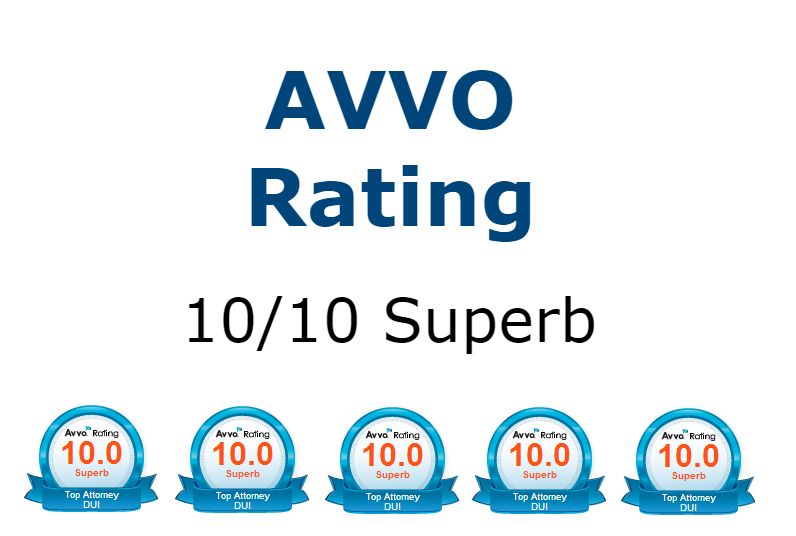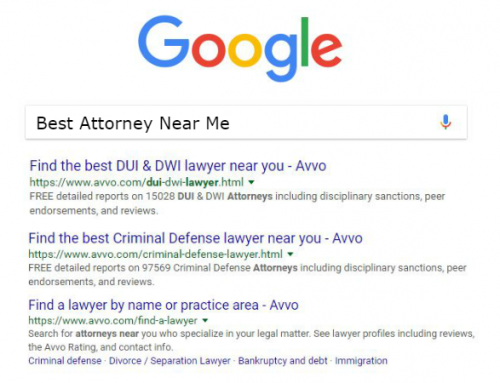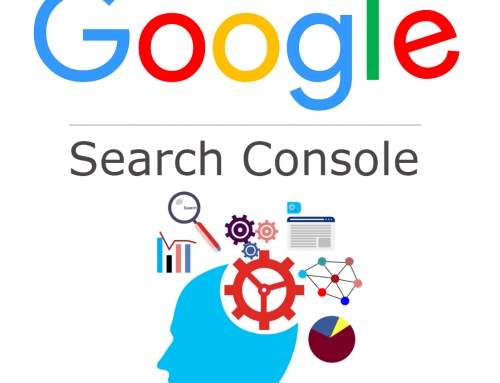Mark Twain once said, “If you don’t like the weather in New England now, just wait a few minutes.” The same could be said with equal levity, and about as much truth, about the search landscape. In July, 2014, Google rolled out an algorithm update that initially sent shockwaves through small businesses and local search marketers, including law firms.
But as the metaphorical dust has settled, has the update been as damaging as previously thought? And is Google rolling back the changes? Has the wind started blowing the other direction?
Rewind: A Look Back at the “Pigeon” Update
Known colloquially as the “Pigeon” update, this Google algorithm change was designed to provide more accurate, relevant local search results that are aligned closely with “traditional” ranking factors (e.g. domain authority, page authority, backlinks, appropriate, targeted metadata, etc.).
On the surface, this sounds like a boon to law firms. After all, if Google wants to return the most pertinent results for queries such as “DUI lawyers in Albany, NY,” or “Personal Injury Attorney in Madison, WI,” it’s a logical assumption that local legal professionals would appear at the top of the search engine results pages as the most relevant matches.
We know what they say about “assumptions”! The projected outcome was much different. Major changes firms noticed:
- Searches no longer featured “7 Packs,” a listing of 7 local businesses at the top of the results pages. These featured the name, address, telephone, and physical location of the firms and greatly increased visibility. Key terms such as “DUI attorney,” showed up in map packs in organic listings pre-pigeon. After the update, that was no longer the case. Many 7 Packs maps were eliminated, while others were downsized to 5 or 3 results.
- Google now heavily favored directories, such as Justia and AVVO, over individual firms or lawyers.
Where’s Pigeon Flying Now?
Months after the rollout of the so-called Pigeon update, what have firms actually experienced in terms of traffic and search rankings?
A recent study examined the impact of the update on law firms specifically, comparing data gathered from eight weeks pre-Pigeon and six weeks post-Pigeon. Data from the two weeks immediately after the update were discounted, as after every change there is a period of turbulence.
What did the researchers find?
- For two out of three law firm websites, traffic changed by less than 20%, not unusual for updates.
- In the four weeks after the update, 66% of firms experienced a drop in traffic.
- Interestingly, all told, more than half of the sites surveyed experienced a gain in traffic.
The conclusion drawn was that, while aggressive initially, the Pigeon update is being dialed back by Google. They point to the reappearance of “3 Packs” (along the lines of a 7 Pack, but with three results), and the gradual return of 7 Packs.
There is also some interesting data that firms can use to their advantage, including:
- “Long tail keywords” seem to perform better than “head tail keyword terms.” Head tails are more general, while long tail dial into specifics. Therefore, “lawyer WI” doesn’t rank as well as “DUI lawyer WI,” or the even longer, “Who’s the best DUI lawyer in WI?” or “What should I do if I’m charged with DUI in WI?”
- The percentage of traffic to pages other than the home page increased from 55% to 85%, indicating the need to develop quality, fully-optimized content for landing pages.
- There are other metrics that matter as much, or more, than local rankings. They include: organic traffic, organic conversion sources, organic landing pages, clicks for driving directions, or click to calls.
What Does This Mean for Attorneys?
How would Mark Twain deal with tempestuous weather, besides waiting a few minutes? Dressing in layers and bringing an umbrella. It’s the same for local law firms. You have to be prepared for all eventualities, but, fortunately, those eventualities tend to stay rather static. That is, if you prepare appropriately, you should be able to easily adjust to any changes in the SEO forecast.
The same solid principles by which you established your site authority and brand authority will stand you in good stead when Google updates its algorithms. Developing high-quality, relevant content, using keyword proper and metadata optimization, engaging in appropriate and legitimate backlink strategies, and other “white hat” tactics, ensure your site can weather any change.
When you have these elements, changes in algorithms typically only benefit you, as they tend to reward high-quality sites that offer value to searchers.
Pigeon is just one update to think about for your attorney Internet marketing. There are many more to come as Google continually strives to improve how it delivers results. The bottom line for lawyers is this: deliver fresh, relevant, valuable content to your audiences, and optimize it according to accepted practices. Changes will come – and they will go. Your site, your authority, your expertise, and your veracity, will remain strong.[/fusion_builder_column][/fusion_builder_row][/fusion_builder_container]










